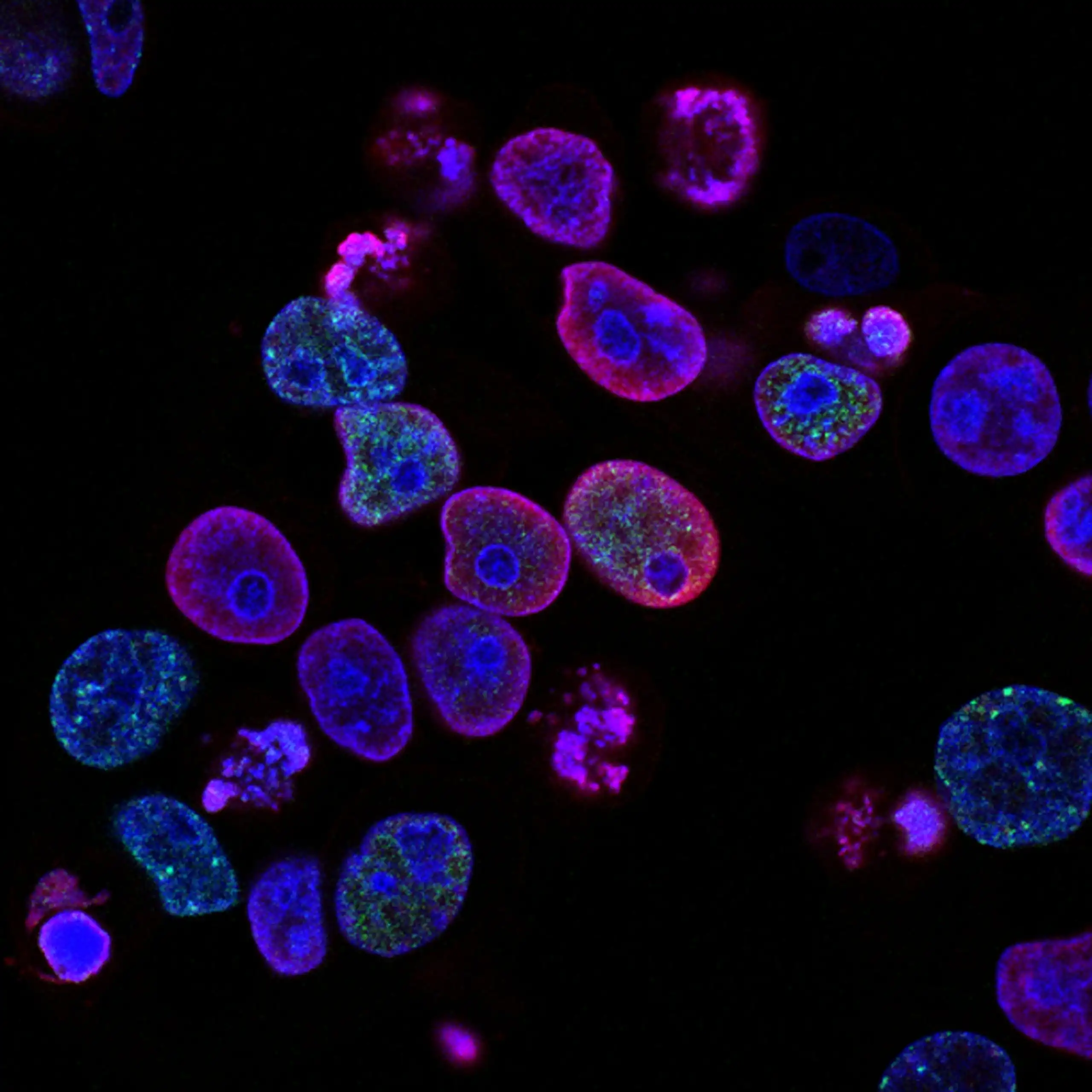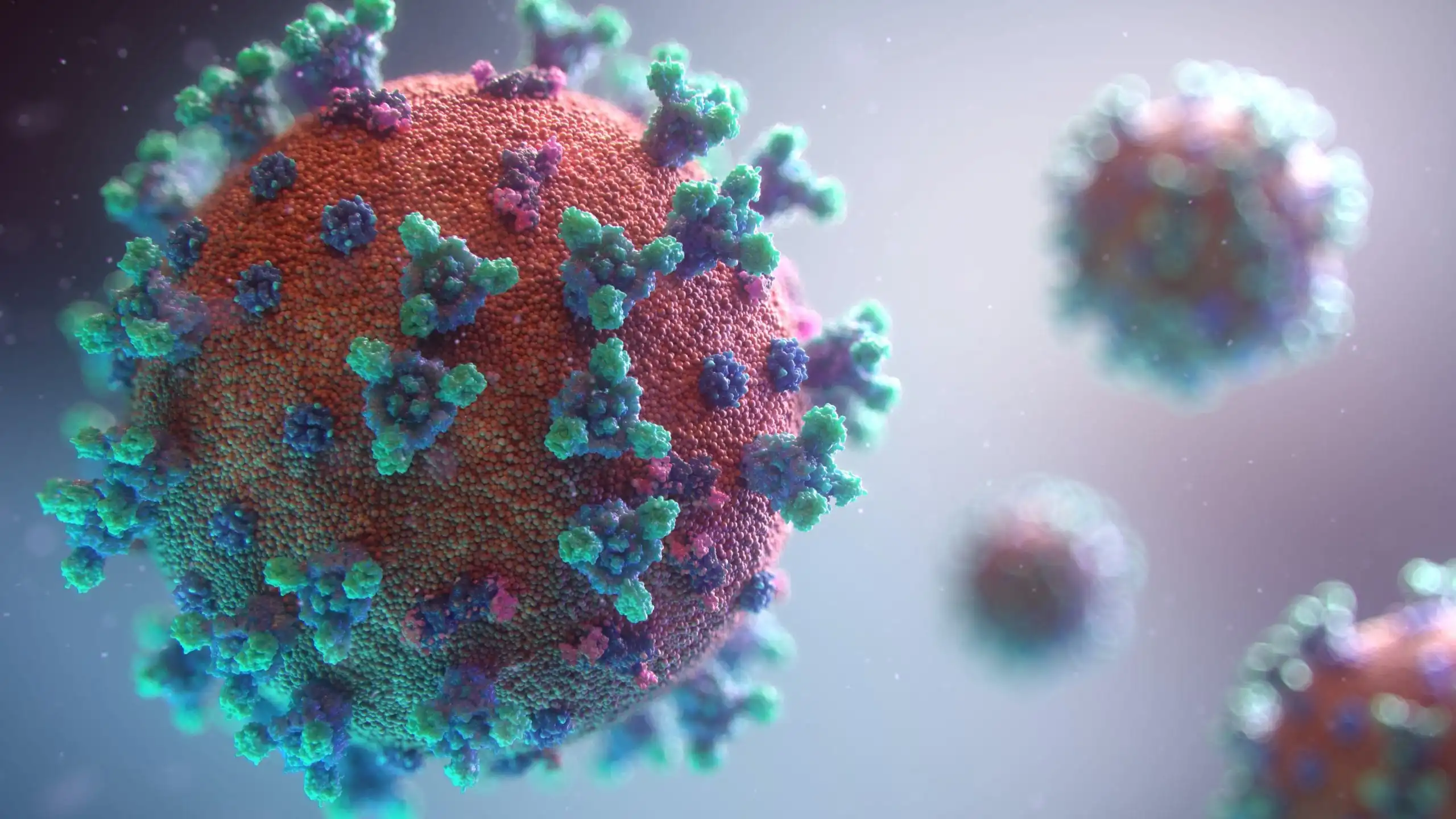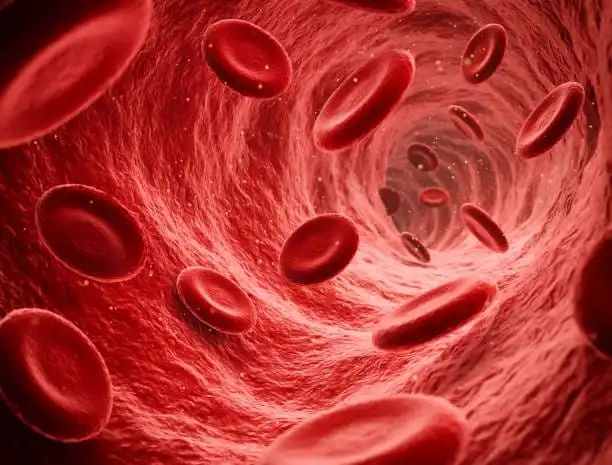
The COVID-19 panic has emerged as one of the most unprecedented events in human history. Closed borders, business shutdowns, and quarantine measures imposed on populations across the world were just some of the effects of COVID-19 government policy.
Debate on the severity of the disease continues after nearly two years. To address risk issues, scientists at Oxford – one of the world’s most prestigious institutions – released the QCovid calculator to bring clarity to individuals concerned about the disease.
The risk of death from COVID-19 is extremely low, however government bodies have subsidized research for treatments that span different types of therapies, from anti-viral medications to mRNA vaccinations. These treatments include HIV protease inhibitors, anti-virals, and vaccines – including some drugs that have been used for decades. Below are some of the most well-known therapies across the medical spectrum, including hydroxychloroquine, ivermectin, and chloroquine.
Table of Contents
MRNA and Viral Vector COVID-19 Vaccines
From the onset of the crisis, COVID-19 vaccines emerged in record time. Many of the candidates featured a new technology using ”messenger” ribonucleic acid (mRNA) technology, while others used “viral vector” methodology.
The idea behind mRNA technology is based on messenger mRNA teaching human cells how to make a complete or partial protein that triggers an immune response. Hypothetically, the immune response produces antibodies that offer protection when the “real” virus enters our bodies.
Viral vaccines are a traditional technology that work by stimulating a response from the immune system to a virus or bacterium. This is supposed to create a “memory” response in the immune system in the event the “real” virus appears. Viral vector vaccines also produce antigens from genetic materials contained in the injection, including a “harmless” virus to deliver these instructions into the cell.
Vaccines currently authorized for COVID-19 in the EU include:
- Comirnaty (developed by BioNTech and Pfizer) – BioNTech Manufacturing GmbH
- COVID-19 Vaccine Janssen – Janssen-Cilag International NV
- Nuvaxovid – Novavax CZ, a.s.
- Spikevax (previously COVID-19 Vaccine Moderna) – Moderna Biotech Spain S.L.
- Vaxzevria (previously COVID-19 Vaccine AstraZeneca) – AstraZeneca AB
Other global vaccines include:
- Sinopharm COVID-19 vaccine (China)
- Sputnik V COVID-19 vaccine (Russia)
Get your requested raw materials quotation
Other COVID-19 Treatments
COVID-19 has nearly identical symptoms to influenza and pneumonia, prompting researchers to conduct studies on medications that treat these diseases. Other research has focused on anti-viral drugs, including:
Lopinavir/Ritonavir
Lopinavir and Ritonavir are antiviral drugs typically prescribed to HIV patients. Following clinical research, researchers determined that standard doses of lopinavir and ritonavir did not replicate SARS-CoV-2. In addition, moderately-sized randomized trials did not produce any evidence suggesting clinical or virologic benefits of using these medications to treat COVID-19.
Remdesivir
Remdesivir was approved by the United States Food and Drug Administration (FDA) to treat COVID-19 in October 2020. The drug is typically prescribed to hospitalized patients over the age of 12 and over 40 kilograms in weight.
Clinical trials of Remdesivir began in early February 2020, and results in April suggested that patients with severe COVID-19 experienced early recovery. Many doctors have since cautioned against using the drug due to severe kidney damage.
Interferon Beta-1A
Used to treat multiple sclerosis, interferon beta-1a was tested on 100 patients in the United Kingdom. Results suggest that the drug may help patients recover more rapidly from COVID-19 when compared to a placebo.
Interferon Alpha 2B
Interferon alfa-2b is prescribed to treat cancer and virus infections. While limited evidence suggests it helps COVID-19 patients, this antiviral drug is used to treat a wide range of conditions that include:
- Lymphoma (lymph node cancer)
- Malignant melanoma (skin cancer)
- Hepatitis B
- Hepatitis C
- Hairy cell leukemia (blood cell cancer)
- Genital warts
- Kaposi sarcoma (AIDS-related tumor)
Click here for more information about interferon alfa-2b.
Chloroquine
Discovered in the 1930s, physicians in many parts of the world prescribe chloroquine to treat malaria. Researchers experimented with the drug early in the COVID-19 crisis, however the FDA pulled its emergency use authorization in June 2020.
Chloroquine is on the World Health Organization’s List of Essential Medicines and is available as a generic medication.
Click here for more information on chloroquine.
Hydroxychloroquine
Used for decades with success, hydroxychloroquine is a safe and effective drug that treats and prevents malaria, rheumatoid arthritis, and discoid/systemic lupus erythematosus. Since its approval in 1955, hydroxychloroquine has been prescribed over 5 million times, making it one of the most common medications used in the world.
The FDA pulled its emergency use authorization for hydroxychloroquine in June 2020 despite a large-scale retrospective analysis of 2,541 patients that found fewer patients died when treated with hydroxychloroquine.
Click here for more information on hydroxychloroquine.
Ivermectin
Ivermectin is an anti-parasite drug discovered in 1975 that earned scientists William Campbell and Satoshi Ōmura a Nobel prize for Physiology or Medicine in 2015. Approved by the U.S. Food and Drug Administration as an antiparasitic agent, Ivermectin was shown to reduce the duration of COVID-19 illness within five days. In addition, physicians prescribe ivermectin to treat river blindness (onchocerciasis), strongyloidiasis, trichuriasis, ascariasis, head lice, scabies, and lymphatic filariasis.
Get your requested raw materials quotation
Will mRNA vaccines Treat Cancer Next?
Research by Pfizer-BioNTech and Moderna to develop mRNA vaccines for cancer is accelerating. According to Patrick Ott, M.D., Ph.D., Director at the Center for Personal Cancer Vaccines at the Dana-Farber Cancer Institute, “The funding and resources that are flowing into mRNA vaccine research will help the cancer vaccine field.”
Currently, there are numerous clinical trials testing mRNA treatment vaccines in patients with various cancer types, including melanoma, pancreatic cancer, and colorectal cancer.
Click here to view cancer treatments and oncology medicines.
COVID Medicines FAQ
Current treatments include hydroxychloroquine, ivermectin, and various vitamin/mineral combinations.
Click here for a quote on GMP-certified hydroxychloroquine.
Phizer recently released results from the clinical trials showing roughly 158,000 side effects of its mRNA vaccines.
Click here for a quote on GMP-certified ivermectin.




















